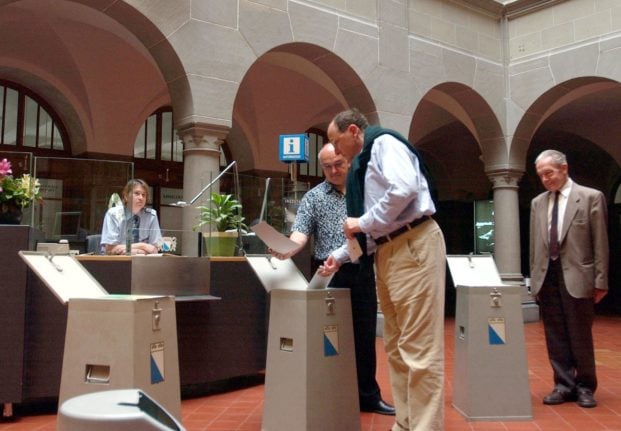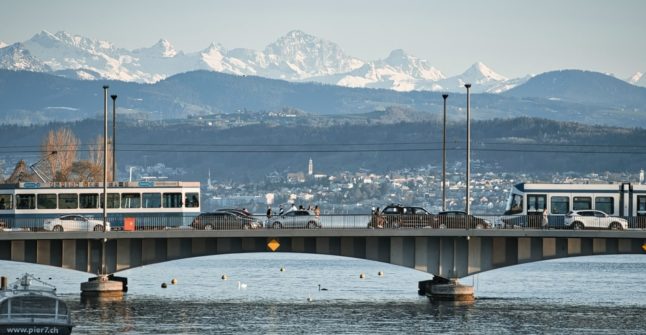Sunday, May 15th, sees the latest round of Swiss referenda.
On a federal level, three questions are up for consideration: Netflix and streaming, organ donation rules and Frontex. More information on these votes are available at the following links.
READ MORE: What is the ‘Netflix vote’ and how could it change TV in Switzerland?
EXPLAINED: What Switzerland’s ‘organ donation’ vote means for you
Frontex: How Switzerland’s ‘border vote’ on May 15th could impact travel
There are also dozens of referendum questions being asked at a cantonal level all across the country.
What is on the ballot in Zurich on May 15th?
In addition to the above federal votes, there will be several other issues put to the voters in the canton of Zurich on Sunday.
Perhaps the most relevant for Local readers is the referendum on improving the naturalisation process, including making the system uniform across each of the canton’s 162 municipalities.
Detailed information is available at the following link.
EXPLAINED: How Zurich wants to make naturalisation easier
Zurich voters will also decide on lowering the voting age from 18 to 16.
This would make it only the second canton to have lowered the voting age from 18 to 16, following on from Glarus, who did so in 2007.
Referendum: Zurich to vote on lower voting age
Another question for voters to consider is putting the commitment to curb climate change in the cantonal constitution.
According to the Zurich government “the planned new constitutional article defines the goal of greenhouse gas neutrality, or “net zero” for short.”
“It gives the canton and the municipalities a binding mandate to work towards limiting climate change and its effects. It also defines the fields of action for measures and creates the basis for the promotion of suitable technologies, materials and processes.”
The fourth question for Zurich voters to consider looks to expand parental leave.
Currently, mothers are entitled to 14 weeks maternity leave and fathers two weeks in Switzerland.
Under the Zurich plan, both parents would be entitled to 18 weeks of parental leave, provided they live in the canton of Zurich.
Parents who work in Zurich but do not live in Zurich will be entitled to 14 weeks each, rather than 18.
The plan will be funded by additional employer and employee contributions.
More information about all of the questions can be found here (in German).



 Please whitelist us to continue reading.
Please whitelist us to continue reading.
Member comments